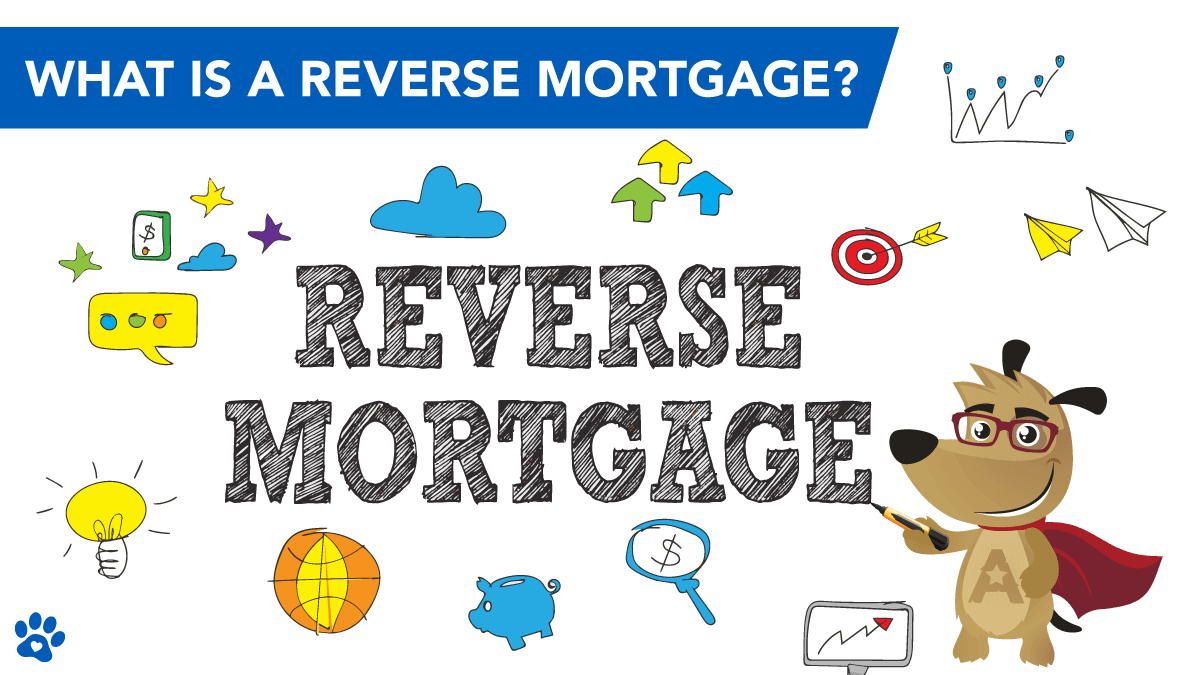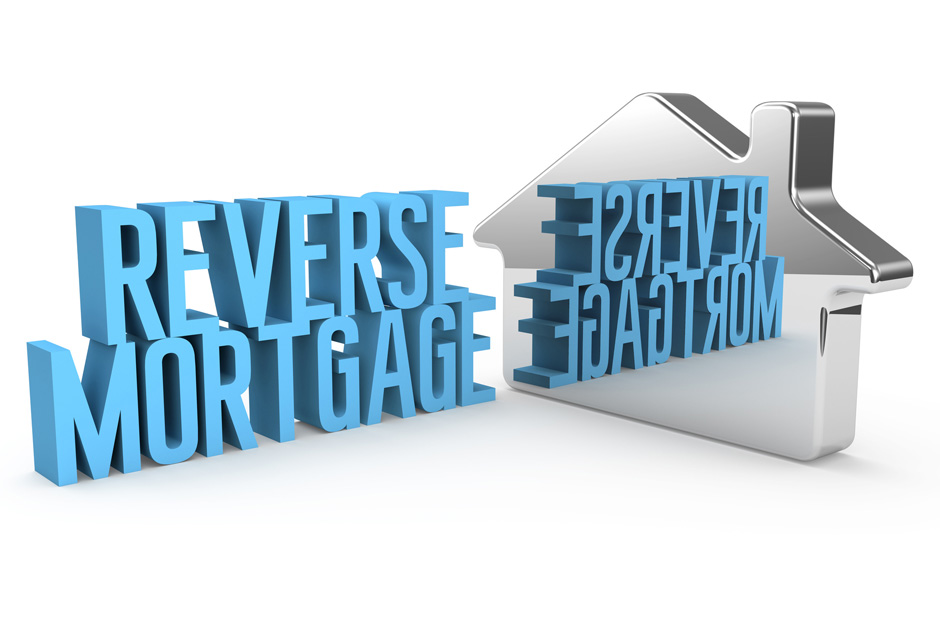Empower Your Retirement: The Smart Means to Acquisition a Reverse Mortgage
As retirement strategies, lots of individuals look for efficient techniques to enhance their monetary independence and health. Among these approaches, a reverse home loan emerges as a sensible choice for home owners aged 62 and older, allowing them to touch into their home equity without the necessity of month-to-month repayments. While this economic tool uses several advantages, consisting of increased capital and the possible to cover essential expenses, it is crucial to recognize the intricacies of the application procedure and vital considerations entailed. The next steps may reveal exactly how you can make a well-informed choice that could dramatically impact your retirement years.
Comprehending Reverse Home Mortgages
Understanding reverse mortgages can be important for house owners looking for economic flexibility in retirement. A reverse mortgage is a monetary item that enables qualified property owners, commonly aged 62 and older, to transform a section of their home equity right into cash money. Unlike traditional home loans, where debtors make regular monthly payments to a loan provider, reverse home loans allow homeowners to receive settlements or a round figure while maintaining ownership of their property.
The quantity readily available with a reverse home loan relies on several factors, consisting of the home owner's age, the home's worth, and current rate of interest. Significantly, the loan does not have to be settled up until the property owner sells the home, vacates, or passes away.
It is essential for possible debtors to understand the effects of this monetary product, consisting of the effect on estate inheritance, tax obligation considerations, and recurring duties associated to residential property maintenance, tax obligations, and insurance coverage. In addition, counseling sessions with accredited professionals are commonly required to make certain that debtors completely understand the terms and conditions of the lending. Overall, a comprehensive understanding of reverse mortgages can empower house owners to make informed choices about their economic future in retirement.
Advantages of a Reverse Mortgage
A reverse home mortgage provides numerous engaging benefits for eligible home owners, particularly those in retired life. This economic tool enables senior citizens to transform a portion of their home equity right into cash money, offering essential funds without the need for monthly home loan settlements. The cash obtained can be utilized for different objectives, such as covering clinical expenses, making home improvements, or supplementing retirement earnings, therefore boosting total economic versatility.
One significant benefit of a reverse home loan is that it does not require payment until the homeowner leaves, offers the home, or passes away - purchase reverse mortgage. This function makes it possible for senior citizens to maintain their way of living and fulfill unexpected prices without the problem of month-to-month settlements. Additionally, the funds gotten are commonly tax-free, permitting property owners to use their cash without worry of tax implications
Furthermore, a reverse mortgage can give satisfaction, understanding that it can work as an economic safeguard during difficult times. Property owners additionally retain ownership of their homes, guaranteeing they can continue living in an acquainted environment. Inevitably, a reverse mortgage can be a critical monetary resource, equipping retired people to handle their funds efficiently while enjoying their golden years.
The Application Process
Browsing the application process for a reverse home loan is a vital action for property owners considering this monetary option. The very first stage includes evaluating eligibility, which usually needs the homeowner his comment is here to be at least 62 years old, very own the property outright or have a reduced home loan balance, and inhabit the home as their key home.
As soon as qualification is confirmed, home owners have to undergo a therapy session with a HUD-approved counselor. This session makes sure that they totally comprehend the ramifications of a reverse home mortgage, including the duties included. purchase reverse mortgage. After completing counseling, candidates can proceed to gather needed documentation, consisting of evidence of earnings, assets, and the home's worth
The next step involves submitting an application to a lender, that will examine the financial and home credentials. An evaluation of the home will certainly likewise be performed to determine its market worth. If accepted, the lending institution will certainly offer car loan terms, which must be reviewed meticulously.
Upon approval, the closing procedure adheres to, where final papers are authorized, and funds are paid out. Comprehending each stage of this application process can substantially enhance the home owner's self-confidence and decision-making relating to reverse home mortgages.

Key Considerations Before Investing In
Getting a reverse home mortgage is a substantial financial decision that needs mindful factor to consider of several key aspects. Reviewing your financial demands and goals is similarly essential; identify whether a reverse home mortgage lines up with your long-lasting strategies.

Moreover, assess the influence on your existing lifestyle. A reverse home loan can influence your eligibility for sure government benefits, such as Medicaid. Seek professional guidance. Consulting with a financial consultant or a real estate counselor can give beneficial insights tailored to your individual situations. By completely evaluating these factors to consider, you can make a much more informed choice concerning whether a reverse mortgage is the ideal monetary technique for your retired life.
Taking advantage of Your Funds
When you have secured a reverse home mortgage, properly handling the funds becomes a priority. The adaptability of a reverse home loan allows homeowners to make use of the funds in different ways, but critical planning is vital to optimize their advantages.
One key strategy is to produce a budget that details your economic goals and monthly expenditures. By determining necessary costs such as healthcare, home taxes, and home upkeep, you can allocate funds appropriately to ensure long-lasting sustainability. In addition, think about making use of a portion of the funds for financial investments that can generate earnings or appreciate in time, such as shared funds or dividend-paying supplies.
Another crucial facet is to maintain a reserve. Alloting a book from your reverse home mortgage click to read more can help cover unanticipated costs, supplying tranquility of mind and monetary stability. Furthermore, talk to a financial consultant to discover possible tax ramifications and just how to incorporate reverse mortgage funds into your general retired life approach.
Ultimately, sensible management of reverse home loan funds you can try here can improve your economic safety, enabling you to appreciate your retired life years without the stress of financial uncertainty. Cautious planning and notified decision-making will make sure that your funds function properly for you.
Conclusion
In verdict, a reverse home loan presents a sensible economic method for elders seeking to enhance their retired life experience. By transforming home equity right into easily accessible funds, people can attend to vital expenses and safe additional monetary resources without sustaining monthly repayments.
Understanding reverse home loans can be crucial for home owners seeking economic flexibility in retired life. A reverse mortgage is a monetary item that allows qualified homeowners, normally aged 62 and older, to convert a part of their home equity right into cash. Unlike standard mortgages, where customers make month-to-month payments to a lending institution, reverse mortgages make it possible for property owners to obtain payments or a swelling amount while maintaining possession of their building.
In general, a detailed understanding of reverse mortgages can equip home owners to make informed decisions regarding their economic future in retirement.
Seek advice from with an economic consultant to check out feasible tax obligation implications and how to incorporate reverse mortgage funds into your general retired life technique.